Police Chief Boyd VanVooren to Retire After 28-Year Career
Local News December 2, 2022 Staff 0
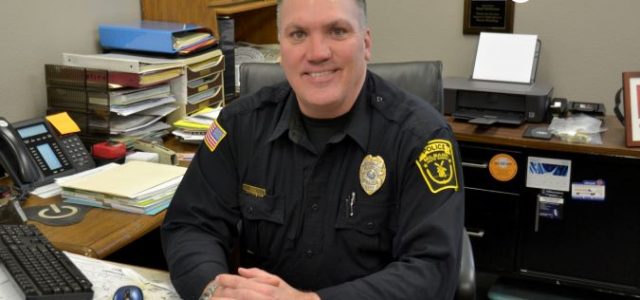
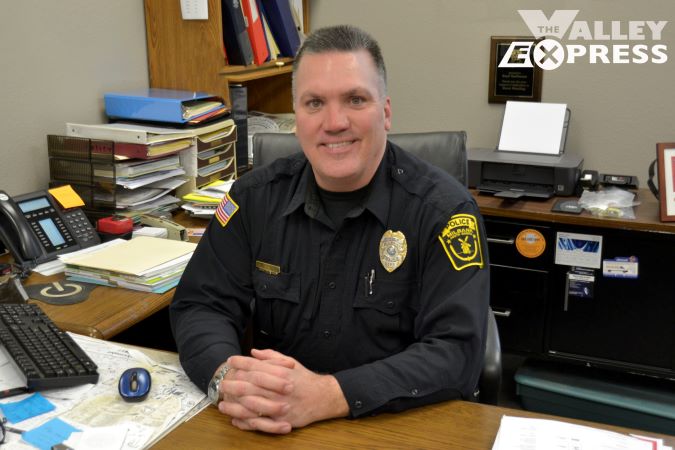
Dollars to donuts, if you live in Milbank, you’ve crossed paths with Boyd VanVooren. VanVooren has served as the Chief of Police in Milbank for 13 years. He recently decided to hang up his hat and take off his badge after a 28-year career as a police officer. His last day on the Milbank force is December 23.
“It’s just the right timing,” VanVooren said. “August of 2020 was the date I was eligible to retire. That gave me the opportunity to start thinking, ‘Hey, someday I’m going to have to give this up. When is the right time?’”
“My wife, Annette, and I talked and we just decided now is that time. It was a very hard decision. I love coming to work every day. I think we have a great department, and they are respected and liked in the community, probably as much as any police department can be. So, I want to thank all the officers I’ve worked with, the City of Milbank, and the citizens. It’s been an honor. Let’s just say, I decided to get out now at the top of my game so I don’t ever have any regrets. I wouldn’t ever want to not love coming to work. I can’t imagine how that would feel. That’s why it’s so hard. I love 99 percent of what I do.”
Separating the 99 percent from the one percent gets a little fuzzy, but he’s clear on several things. “Seeing death is the hardest part of my job. I go to every call in town when someone passes away at home. Some of those people I knew. That’s hard. And it happens more than you think. Suicide has been involved in a lot of them. Suicides are tough calls, especially when it’s a young person. I’ve been on a lot of tough calls in 28 years.”
“I’ve dealt with everything from crimes like murder to helping a kid get to school in the morning. And I enjoyed solving some big cases, but it’s probably the little things that matter most,” he recalled.
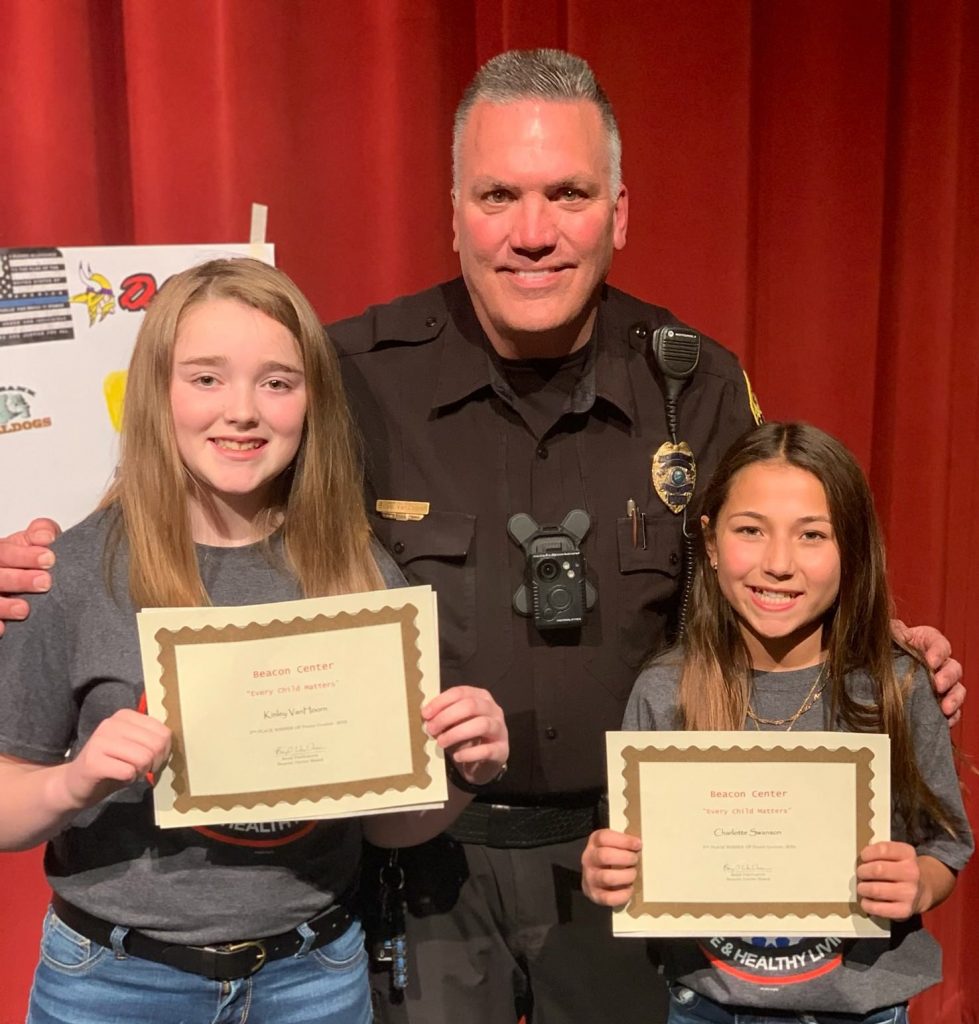
“Teaching DARE and helping kids in Junior Achievement (JA). There, I feel I made a difference. If I stopped one kid from smoking, then I have done my job. Relationships and things like having a 21-year-old from one of my classes call me and ask if I could give him a reference – that’s the stuff that makes me feel good.”
But, it also means as a police officer he has to be on his game every minute. When you are the chief of police in a small town, visibility can be a double-edged sword. “I try to be a role model all the time,” VanVooren said. “You can’t get away from it if you’re doing your job. I tell guys when we hire them, you’re an officer 24 hours a day. I know it’s hard on my family at times.” Does his wife worry? “Yep,” he said, “especially when I get called out and something big is going on. This job can be hard on your spouse. It can also be hard on kids who grow up with a dad who is a cop or the chief of police.”
It wasn’t part of his childhood, though. VanVooren’s dad was a teacher and his mom was the newspaper editor in Minneota, Minnesota. Boyd was born and raised there. He left for college on a football scholarship to Huron University and earned a four-year degree in criminal justice. His major, however, began not so much as a declaration as an inclination.
“I took a few criminal justice classes during my freshman year, and I really enjoyed them. I think it was the professor. Her classes were very interesting, and she was a great teacher. I took a juvenile justice course and a bunch of different classes in criminology. I really enjoyed them, and that’s the direction I went.”
In his senior year, he was required to do an internship. “I worked at Our Home Incorporated. It was a school for troubled youth from age 10 to 16, and it was out in the country by itself.” It was also a facility for juveniles suffering from substance abuse, sexual abuse, and other issues. Our Home, founded in 1972, is celebrating its 50th year.
“After my internship, and after I graduated, Our Home hired me,” VanVooren said. “I worked there for about two years. It was really hard, but I think every law enforcement officer should work in a place like that because it teaches lots of stuff. Lots of patience.” He said he also thinks the time he spent at Our Home is one of the reasons he still enjoys working with youth.
“In ‘95, I got my first job in law enforcement with the Huron Police Department before I attended the academy in Pierre. Even though I got the degree, I still had to go to the academy. Back then, it lasted eight weeks. Now, I believe, it’s 13 weeks. It keeps growing because there’s always more you need to know. I stayed in Huron until I moved here and took the position of chief of police in 2009.”
He believes many of our current problems circle back to revisions in the juvenile justice system. “Sometimes I feel like there are no consequences. If we don’t have consequences, how do we stop the bad behavior?”
“We’ve gone away from spending money on the rehabilitation of juveniles,” he said. “We used to use the boy’s ranch and different places like that. When kids lost their way, they were sent out to work for the summer, and they kind of found their way. Now, instead, we give a kid a hundred-dollar fine. That doesn’t correct behavior. The parents just pay it.”
“If it’s a serious matter, where a kid violated the law, and we had the power to say, ‘Okay, you’re going to juvenile detention for the weekend. And if you do this again, you’re going for a week. And if you do it again, you’re going to go for a month.’ That probably would work, but we don’t have that power anymore.”
VanVooren said he believes South Dakota needs to decide if it’s important enough to invest in the juvenile justice system. “That means asking ourselves, ‘How are we helping the 20 percent who are making bad choices?’ You have to spend some money,” VanVooren said and paused to reflect on an idea. “Like the Abbey. That would’ve been a great place for the state to buy and turn into a facility to help kids.”
He’s already brainstorming solutions to big problems, so he takes a minute to imagine what he would do if he had the ability to make one change in law enforcement in general.
“Well, we have to figure out a way to get people in law enforcement,” he said. “It’s a profession that people aren’t going into now because of all the bad publicity. I get it, but there are bad cops out there, just like there are bad doctors and bad lawyers. There are good cops out there, too.”
“It’s a profession like teaching where the pay isn’t always so great. They’re also going to work nights and weekends and Easter Sunday and Christmas Day because we’re open 24/7. And, that’s hard on guys. I try to do my best with the schedule, but I can’t let everyone stay home either. So, in a perfect world, I’d say police work should be done eight to five Monday through Friday because then we would get all kinds of great applicants. Because it’s not that way, we miss out on a lot of people – men and women– who could be good law enforcement officers.”
What does he think the city should be looking for when interviewing applicants for Milbank’s new chief? “Someone who has some experience. Someone ready to be a role model in the community and someone who will be a good leader.”
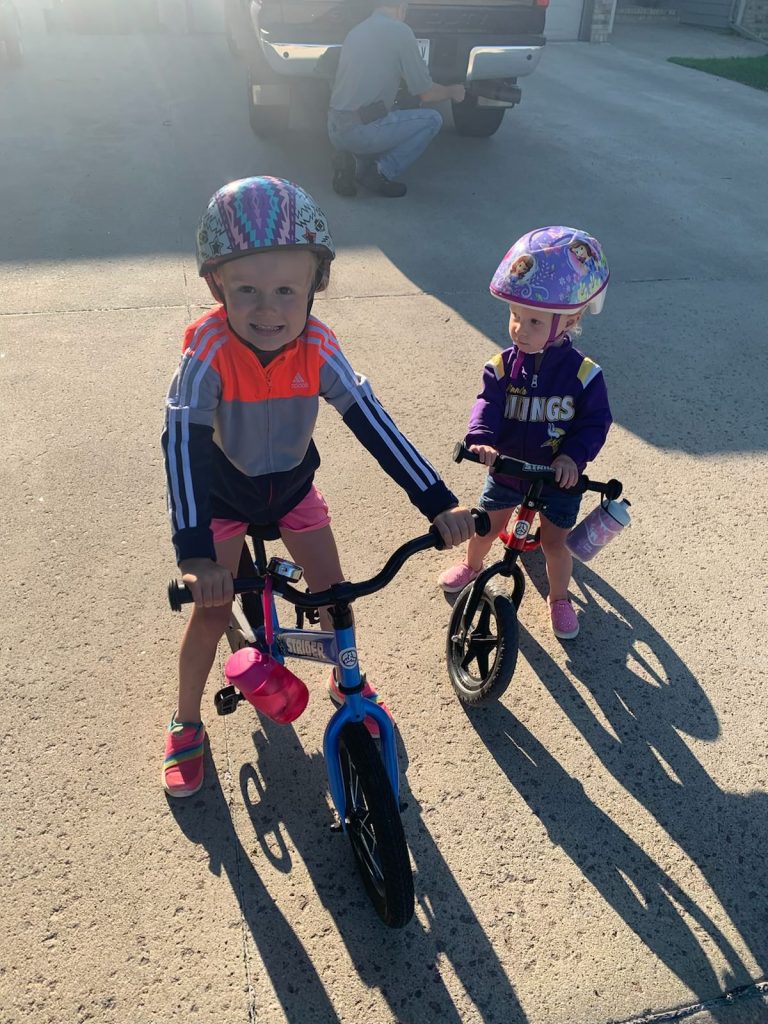
“I focused on being community-oriented and building relationships with the youth. A program supported by VanVooren and the Milbank police department encourages local youth to wear helmets when biking. Bikers earn a free ice cream cone if spotted wearing helmets. Another of his favorite youth programs is the “donut award” given to selected MHS students. My main thing was I wanted our officers seen. I’m not a ticket guy. I’ve never said, ‘Hey, we need to write this many tickets.’ But, I do want our officers seen. I want them to stop cars. So, say some burglar is driving through town at four in the morning, I want them to see a police car out and about. I don’t think it’s that way in every town, but I think it is here.”
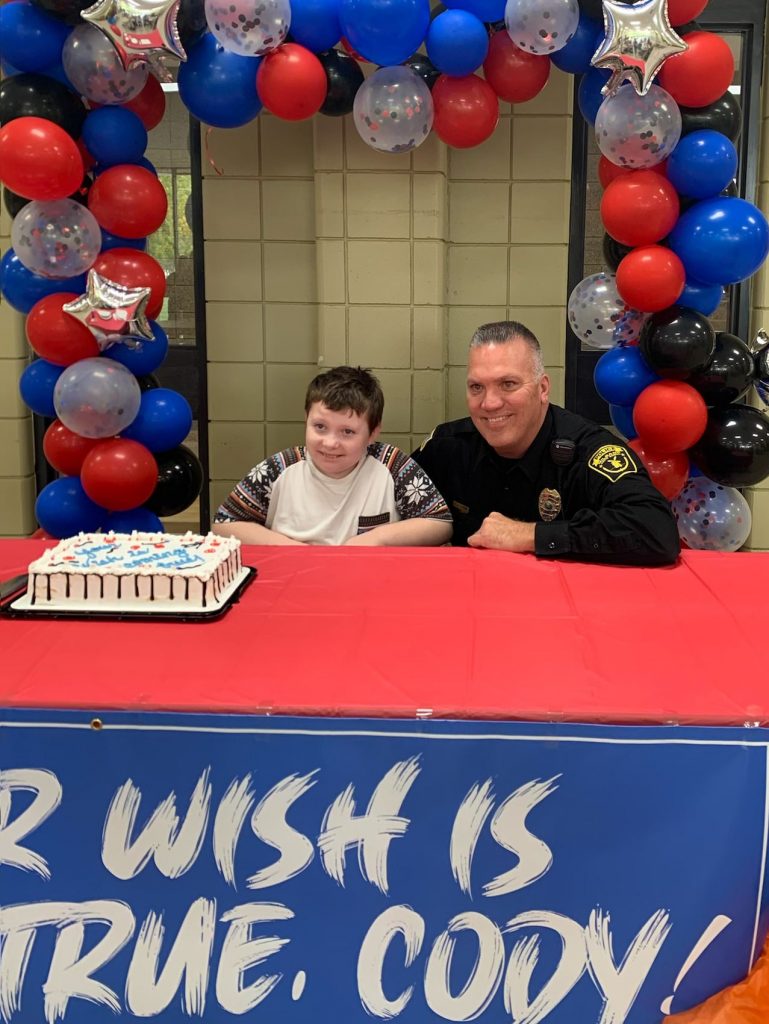
“A leader and a good role model can have different styles. My style is being out there and at events and being seen. That’s the style I like and the style I thought was the right thing to do”.
“I know now if a 14-year-old gets assaulted or raped they’d feel comfortable coming to me. If you don’t feel comfortable coming to the police, that’s not a good thing.”
“I’m ready to be a normal person. This is all I’ve ever done. Maybe it’s time for me to try something different.”
He said his dream job would be airline pilot. “Flying the big ones. I think that would be fun. When I’m on a plane, I’m always like, ‘man, you get to see the world… be in the cockpit. That’s my dream job. Although, if I had to do it over, I probably would have been a principal or superintendent. It’s not that I don’t love what I do, but if I couldn’t do this, that might have been my number two choice.”
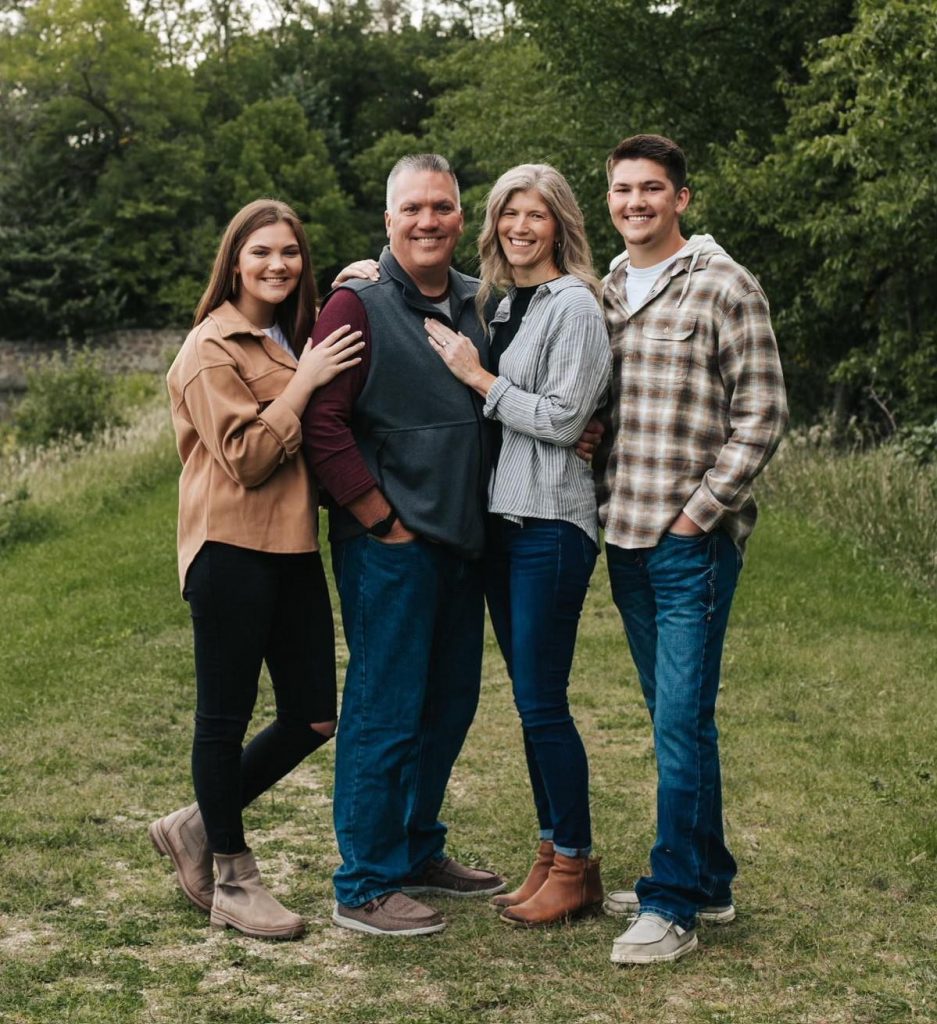
Does he have a backup plan for after he retires? VanVooren said he’s not 100 percent sure yet what he will do, but he’s definitely going to stick around. “We love it here, and we call Milbank home. We’ve lived here 14 years and have family and great friends here.”
He will also continue with several of his community-oriented projects and organizations. “I’m going to keep doing Junior Achievement at the school. That’s important to me. The DARE program is important to me, too. I’m on the board of the Beacon Center in Watertown. Domestic violence is a huge problem in our area and everywhere, and I like that there’s a safe place for people to go.”
He still has time to think about what comes next. “I’m confident we’re going to get a good police chief here. Some things might change, but that could be good too.”
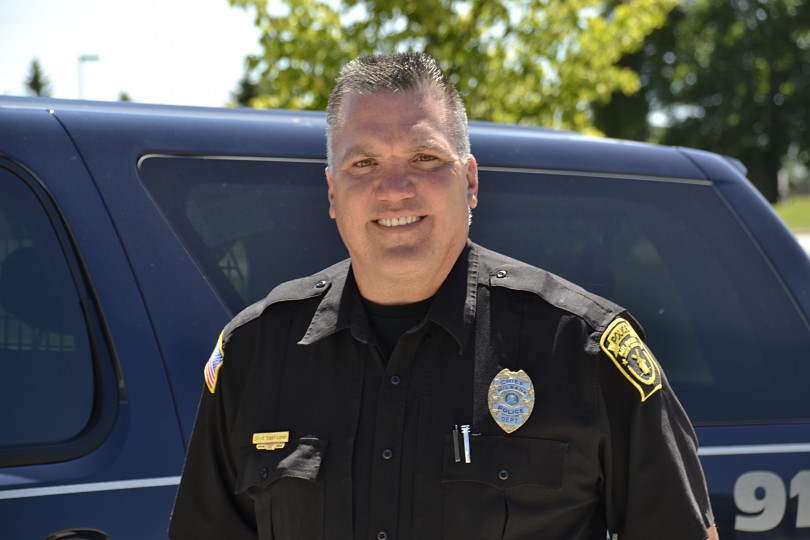
When he walks out the door, his shoulders might be lighter, but his heart will be full. VanVooren said he has a ton of photos to remind him of his long and fulfilling career. Does he get to keep his badge? “I have no idea. It’s a good question,” he said. “I hope they let me. That would be cool.”









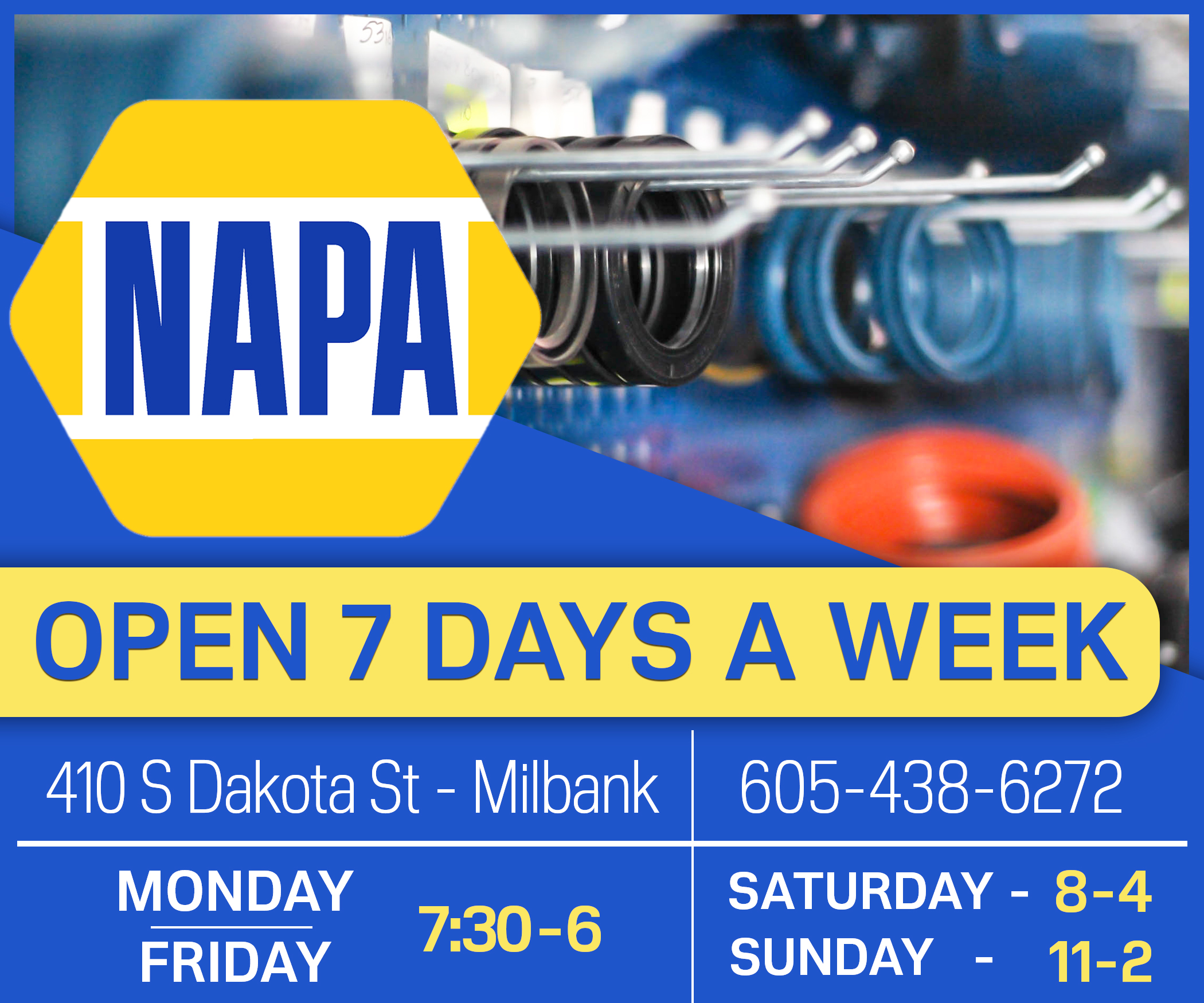


No comments so far.
Be first to leave comment below.